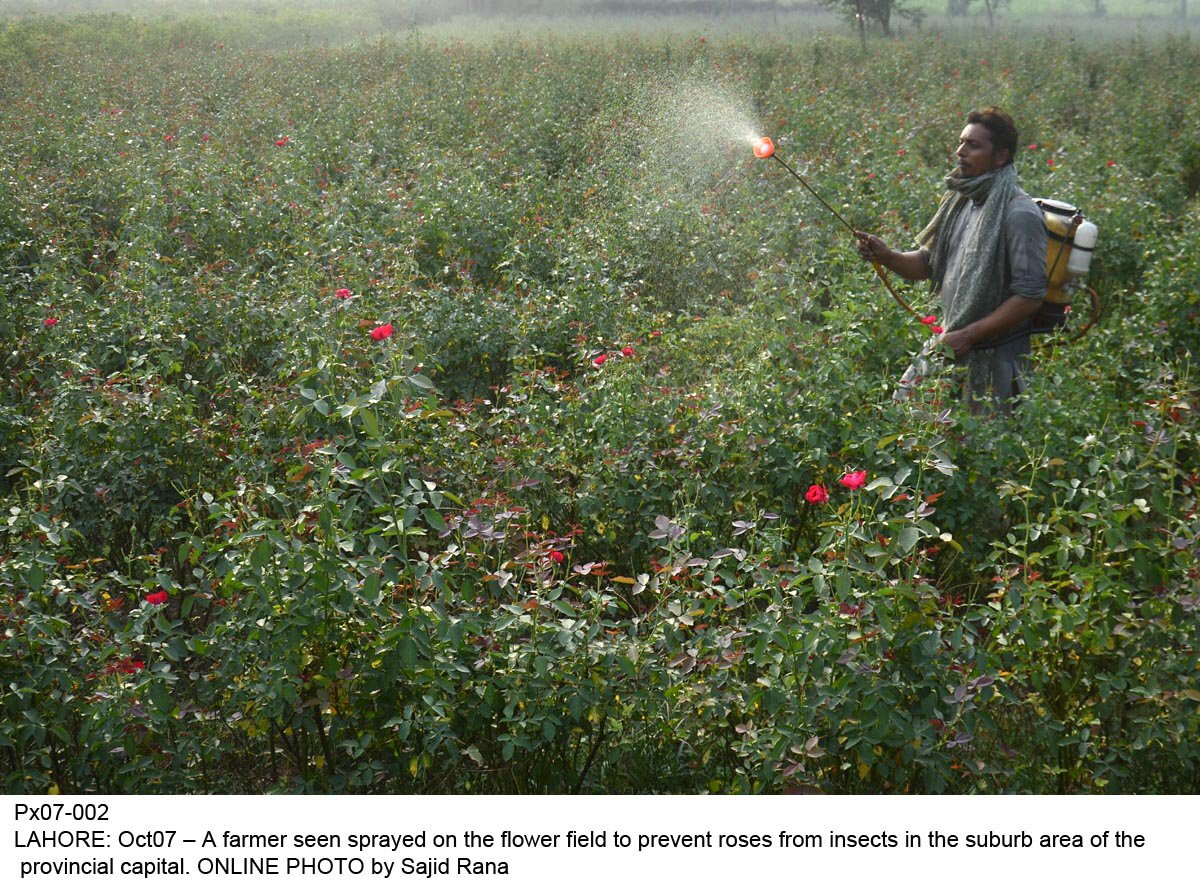
PESHAWAR: A new study has cautioned that Khyber-Pakhtunkhwa is likely to experience crop failures, especially of wheat and maize, by 2080 on the back of persistent weather anomalies.
Flying high: Agriculture varsity climbs 15 spots in world ranking
The study conducted by the Climate Change Centre at the University of Agriculture in Peshawar said the increase in temperatures on the land would make both the province and other places in the country unsuitable for cultivating wheat, maize and sugarcane.
Surging temperatures are likely to promote the growth of fungus and pests in the region.
Dr Inamullah, associate professor and deputy director of the Climate Change Centre at the university, said that the decline in production would affect the livelihoods of millions of people.
“Only 40 per cent of the land in Khyber-Pakhtunkhwa is suitable for agriculture and any decrease in (crop area) will directly affect its food supply,” Dr Inam said.
Interest free: Govt to give loans to 500,000 farmers
He said that an increase of just one degree Celsius in temperature would cause a rapid increase in the population of insects with devastating effects on agriculture.
Studying temperature anomalies experienced in the region between 1960 and 2014, the study found that the increase in temperature over the past decade was between 0.46 and 0.69 degrees Celsius.
According to the study, the wheat crop will be in danger by 2060 while maize would not grow by 2080 in the province.
In Dera Ismail Khan, where the water situation is already alarming, sugarcane will not be able to grow because of depletion in the water table.
The study stated that crops would mainly be threatened by rains and floods although temperatures would be comparatively favourable for agriculture until 2080.
Dialogue at CRSS: ‘Provinces should proactively pursue tax collection’
The pace of temperature increase, exarcerbated by industrialisation and emission of green house gases, would reach one degree Celsius per decade.
Stressing the need for reforestation, the study called for rapid research in agriculture for developing seeds capable of surviving in higher temperatures and low soil moisture.
Highlighting the vulnerability of agriculture sector because of extreme weather events, the study warned of imminent crop failures if such phenomenon persisted.
Research, the report stated, was also needed for combining crops’ tolerance to heat and water stress. “We need to adopt a holistic approach: new crops for a changing climate and better farming practices that can only come about under favorable socio-economic conditions,” said the report.
Published in The Express Tribune, October 9th, 2016.





























































COMMENTS
Comments are moderated and generally will be posted if they are on-topic and not abusive.
For more information, please see our Comments FAQ